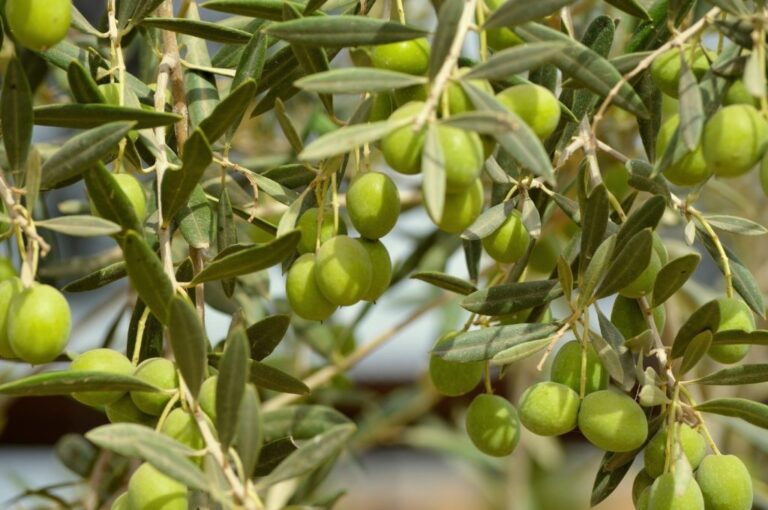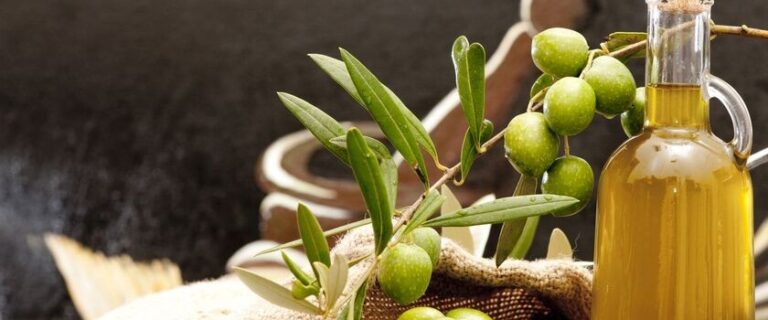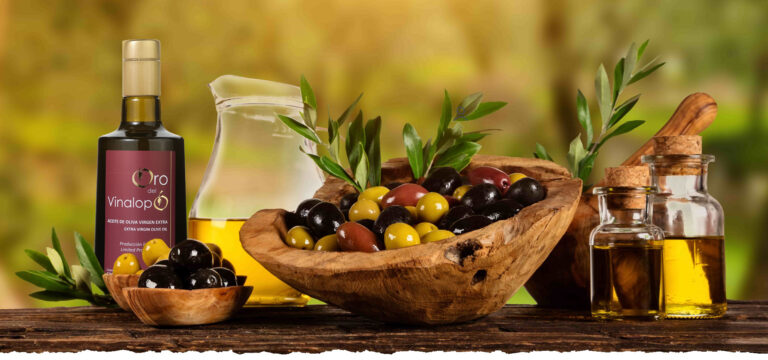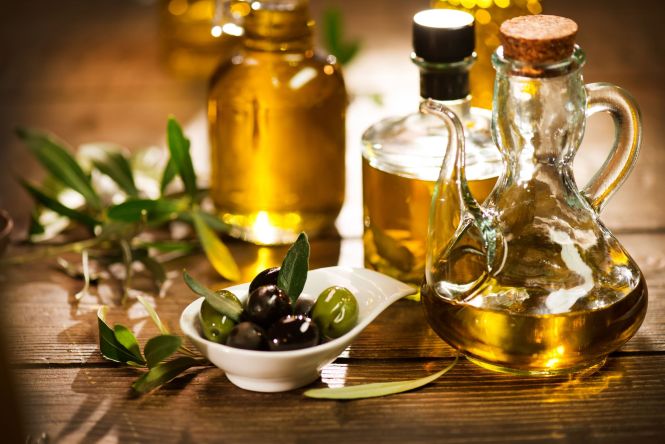Oliwa z oliwek

https://vivaoliwa.pl/fenologia-czyli-roczny-cykl-zycia-oliwki
Olive production in the Pieria region is very important and contributes to the economic development of the region. Olives from this region are characterized as one of the best in Greece, and perhaps even in the world. Many varieties of olives are grown in this region, including Koroneiki, Arbequina, Kalamata and Halkidiki. Olives are grown on plantations located along the coast of the Aegean Sea, where there are favorable climatic and soil conditions. The olives are harvested by hand or by machinery and then transported to processing plants.
The olive oil produced is of very high quality, which attracts customers from all over the world. Many olive producers in the Pieria region use modern production methods, which allows them to achieve even better results.

https://www.doz.pl/czytelnia/a1243-Oliwa_z_oliwek_-_srodziemnomorski_eliksir_dlugowiecznosci_i_dobrego_zdrowia
How olives become olive oil
- Olive picking and sorting: Olives are harvested when ripe, usually between November and February. They can be harvested manually or by machine. After harvesting, the fruits are sorted according to quality and maturity.
- Washing: After sorting, the fruits are washed to get rid of dirt, leaves and other impurities.
- Grinding: Olives are ground in mills that crush the fruit to extract their oil. A variety of grinding methods can be used, including traditional stone-stone mills or more modern reciprocating mills.
- Pressing: The ground mass of olives is then placed in bags or baskets and then pressed to squeeze out the oil.
- There are two ways of pressing: cold pressing or hot pressing. Cold pressing is a process in which the oil is extracted from the olives at a low temperature, usually below 27°C. This is the preferred method of pressing as it ensures the highest quality oil. Hot pressing, on the other hand, is more effective, but the oil from this process is less aromatic and contains less nutrients.
- Separation of the oil: After pressing, the oil is separated from the residual pulp and water by means of separation. The most common method of separation is pressing the oil in special separators that separate the oil from the water.
- Storage: Olive oil is stored in conditions that ensure its quality and shelf life. Olive oil should be stored in a cool, dark place away from sources of heat and sunlight.

https://vivaoliwa.pl/fenologia-czyli-roczny-cykl-zycia-oliwki
Olive facts
- According to a 2020 report, Greeks consume an average of about 12 liters of olive oil per person per year.
- Greece is one of the largest producers of olive oil in the world, and production continues to grow. In 2023, olive oil production in
- Greece was around 300,000 tons.
- Olive oil is considered one of the key components of the Mediterranean diet, which is known for its beneficial health properties.
In Greece, there are special shops, called oleotypia, that sell different types of olive oil with different flavors and aromas.
In Greek cuisine, olive oil is used in many dishes such as salads, meat, fish and vegetables. It is also often used for pickling, frying and baking. - In Greece, olive oil is used not only in cooking, but also in cosmetics and natural medicine.

https://www.ekologia.pl/zdrowie/medycyna-rodzinna/oliwa-z-oliwek-wlasciwosci-i-dzialanie-jak-stosowac-oliwe-z-oliwek,22352.html
Why should you drink oil?
- Olive oil contains healthy monounsaturated and unsaturated fats that help lower bad cholesterol in the blood and protect against heart disease.
- Olive oil is rich in antioxidants such as polyphenols that help fight free radicals and protect against inflammatory diseases and cancer.
- Olive oil is a source of vitamin E, which is important for the health of skin, hair and nails.
- Olive oil contains omega-3 fatty acids, which are important for brain health and prevent neurodegenerative diseases such as Alzheimer’s disease.
- Olive oil can help regulate blood sugar levels, which is especially important for people with diabetes.
- Olive oil can help you maintain a healthy weight because the fats in olive oil help you feel full and reduce your appetite.
- Olive oil has a delicate, distinctive flavor and aroma that allows for a variety of delicious uses in the kitchen.
Zapraszamy!
Zapraszamy do odwiedzena pięknego regionu prieri, który słynie